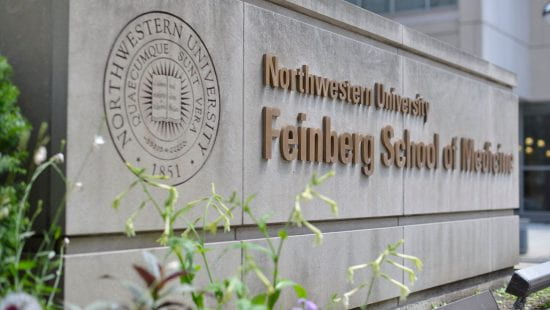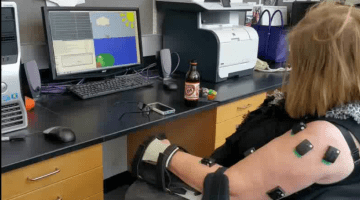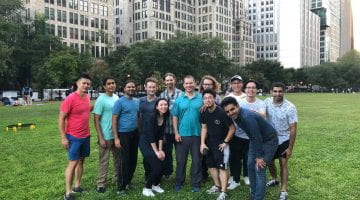
Our Lab
Our laboratory uses neural prosthetics, specifically human-machine interfaces, to pursue the goals of improving both our understanding of brain function as well as restoring movement and communication to people with neurologic impairment from disorders such as stroke, spinal cord injury, traumatic brain injury, and ALS.
“We use neurotechnology and neural prostheses to improve function for people with neurological disorders affecting movement and communication”
Introducing the PI

Dr. Marc Slutzky
Dr. Slutzky is a neurologist and neural engineer. He earned his PhD in Biomedical Engineering (with David Mogul) and MD at Northwestern University in 2002. He completed his neurology residency at Northwestern University in 2006. His postdoctoral research in Lee Miller’s lab launched his career in brain machine interfaces (BMIs).
Clinically, he sees patients in general neurology as well as some patients with impaired movement from stroke. His current research interests span a wide range of translational neural engineering and fundamental neuroscience areas. These range from ultrawearable myoelectric interfaces to improve movement after stroke to using BMIs to restore communication and movement to those with neurologic disorders, to understanding and improving upon methods to map brain function in patients undergoing brain surgery. He is passionate about using engineering and computational methods to improve quality of life for patients with neurologic disorders.
Overview

Research
Learn more about the Slutzky Lab’s research into neuroprosthetics.

Lab Members
Meet the outstanding team which makes up the Neuroprosthetics Lab.

Contact Us
The Slutzky Neuroprosthetics Laboratory welcomes your questions and comments.
News
Study shows how sleep can play crucial role in recovery from strokes Fox32 Chicago, October 19, 2021
Northwestern Researchers use Video Game to help Stroke Victims
“This video game helps stroke victims regain movement,” New York Post, March 20, 2019
“Scientists are using a video game to help stroke victims regain movement,” MSN, March 20, 2019
“Unlocking the secret of how the brain encodes speech,” Science Daily, Sept 26, 2018.
